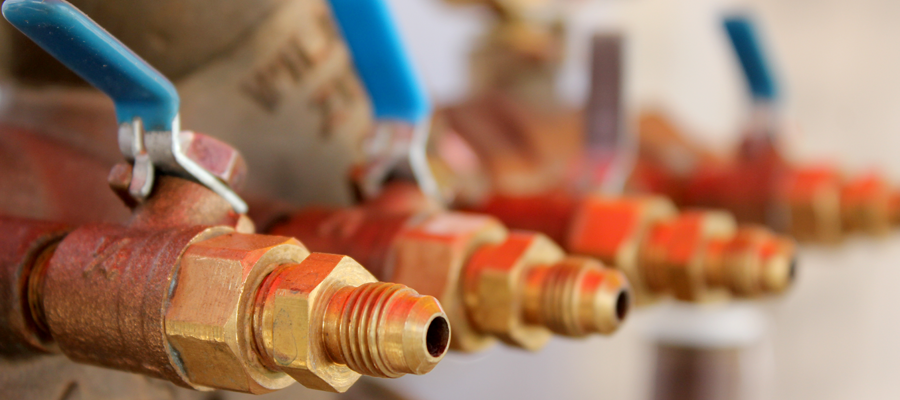Backflow Prevention in Tallahassee

For many summer means spending more time in your yards and working on your homes landscaping and using your sprinkler system more to keep your yard green all summer. That’s why heading into summer it is important to make sure you have recently had your home’s backflow prevention system serviced. Why? Not only will it keep you from springing a leak at your house, it’s also the law!
In most homes the landscape irrigation system and the potable water system are one and the same — there is no separation. Here’s where the danger comes in. Sprinkler lines lay in gardens and lawns that are often sprinkled with weed killer, pesticides, and other poisons.
Occasionally irrigation systems draw water inward (backwards), this phenomenon is known as a siphon or backflow. Backflow can result in contaminated water at a tap inside the home.
That’s why there are city and county requirements that all outside irrigation lines have some sort of protection to prevent backflow issues.
Backflow can be defined as the unwanted reverse flow of any liquid, solid or gas in a piping system. In an irrigation application, this means that water within the irrigation system may find its way back into the potable (drinkable) water system during a backflow incident.
There are two main types of backflow: Back Pressure and Back Siphonage.
- Back pressure is when pressure downstream of the device is greater than the pressure upstream. Water hammer is an example of backpressure.
- Back siphonage occurs when a vacuum is created upstream and water gets literally sucked backwards. An open fire hydrant, or water main break can cause back siphonage. Not all backflow devices are created equal.
There are federal laws and local regulations requiring regular backflow testing that are intended to help ensure the safety of our drinking water by ensuring property owners (homeowners and businesses) all regularly conduct backflow prevention testing.
The City of Tallahassee has adopted backflow prevention testing regulations to ensure we our community’s drinking water remains safe. The city’s Rules and Regulations for Backflow Prevention aims to protect the City of Tallahassee and its consumers from those water-using facilities which could possibly harm the quality and safety of the City of Tallahassee water supply by backflow conditions through cross connections.
Just like the parts of your car, backflow assemblies and devices have parts that can break down or wear out. Laws were created to test drinking water regularly in order to help ensure the safety of it.
By having the backflow assemblies tested annually, you will help to ensure the drinking water remains safe.
Tall Timbers offers backflow prevention testing with the same objective of keeping your drinking water safe! We provide conveniently scheduled backflow testing in Tallahassee and the surrounding area.
In fact, Tall Timbers President, Doug Banks is a University of Florida, TREEO Certified Backflow Assembly Tester, Florida Licensed Plumbing Contractor, as well as holds a Florida Fireline Contractor License. This enables us to test, repair and replace backflow valves.
Here are a couple of regular summer/landscaping activities that could result in contamination and why regular testing of your backflow assembly must be done!
- If you use a fertilizer system. The system can create a vacuum in pipes creating backflow siphonage. Fertilizer would then be introduced into your potable drinking water supply.
- If you have sprinklers in a sloped area in your landscaping. Back pressure can cause contamination from fertilizer and animal waste to enter your drinking supply due to the elevated landscape.
Bottom line, ensuring you have a backflow preventer and that it has been regularly tested is a must in all sprinkler systems if you want to protect yourself from physical harm as well as the law.
Tall Timbers can help make sure you’re ready to keep your yard lush and green while keeping your drinking water clean this summer by having a certified specialist conducts your backflow prevention testing!
Call us today to schedule your backflow testing appointment! You can schedule a backflow testing appointment by calling 850-251-7203 or by filling out our online appointment request.